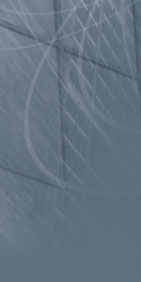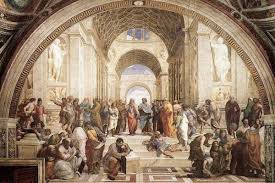|
|
|
|
 |
|
University of Regina Faculty of Kinesiology & Health Studies KHS 451-2008 Applied Philosophy of Kinesiology & Health
Instructor: Dr. D.C. Malloy Office hours: by appointment Office: KHS 164.7 Telephone: 331-3181 Course Location: ED 185 Email: david.malloy@uregina.ca _____________________________________________________________ Required Text de Botton, A. (2000). The consolations of philosophy. New York: Vintage Books. Selected Readings as assigned (available in Main Library Reserve) Recommended Reading Frankl, V. (2006). Man’s search for meaning. Boston: Beacon Press. Course Description Philosophical consideration of concepts and issues in Kinesiology and Health. Course Objectives The purpose of this course is to develop the philosophical skills of the student in order to identify, analyse, and resolve contemporary problems in the field of Kinesiology and Health. The course will address a broad range of theoretical concepts in philosophy and apply them to a variety of practitioner-based contexts. Course Requirements 1. Lectures will be held on Mondays and Wednesdays. Socratic discussions will be held on Fridays. 2. Students are encouraged to prepare questions for discussions based upon both selected chapters and selected readings. 3. Two term papers for this course will be required. The first paper (800 words) is due in class on Friday February 15th (25%); the second paper (1000 words) is due in class on Monday April 2 (35%). Late papers will not be graded. Students should consult the APA format manual for the accepted style and format for their paper. Internet sources will only be accepted in consultation with the instructor. The student will choose one of Plato’s dialogues[1] for each paper, provide a brief overview, and then an application to a K&H context indicating how contemporary dilemmas can be viewed and perhaps resolved through platonic philosophy (grading emphasis will be placed on the student’s ability to apply the dialogue to a contemporary professional context). 4. Final Take Home Exam – date TBA - 40% of final gradeLecture Topics: 1. What is philosophy? Why philosophise? Why not? Philosophical questions. 2. Subdisciplines & Concepts - Metaphysics; Epistemology; Axiology. 3. Schools of Thought - The History and Impact of Philosophy in Physical Activity 4. Developing Personal/Professional Philosophy Seminar Reading ScheduleJanuary 18– Consolations 3-26; 25 - Plato’s Phaedo; [2] February 1 – Consolations 27-42; 8 – Plato’s Crito; 15 – Consolations – 45-72; March 7 – Work & its Secret Swami Vivekananda (1999); 14 - Consolations – 75-112; 21- Consolations 115-168; 28 – Consolations – 171-202; April 4 – Consolations 205-244; 11 – Frankl – “Experiences in a Concentration Camp” in Man’s Search for Meaning.
*Available in the library on reserve Please see the details on pages 28-29 regarding student responsibilities and academic misconduct.
[1] Choose from the following options: Meno, Symposium, The Apology, Crito, Phaedo, Phaedrus, The Republic (Chapter 3). [2] The 1st through to the 9th hole are dialogues on the golf course between the principle character Bud and a variety of philosophers regarding the meaning of work and leadership. These are excepts from an unpublished text by Malloy & Lang - Dead Philosophers & Golf: Conversations about Leadership & Work (2008)
| |
| |
|
Copyright © 2002 David
Malloy
|

